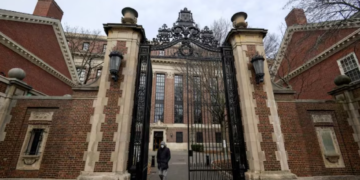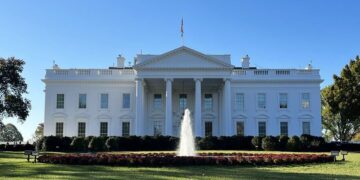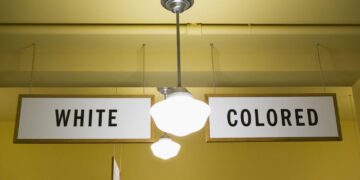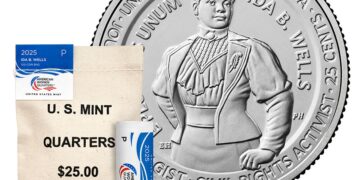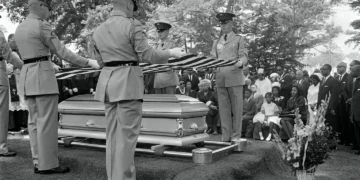Nov 20, 2024 Story by: Editor
In the late 1940s, members of a predominantly White barber union in St. Louis, frustrated by the increasing competition from Black barbers, worked with lawmakers to pass a law restricting the working hours of barbers. The ordinance set strict limits on when barbers could operate, prohibiting them from working after 6:30 p.m. or on Sundays and holidays.
That law, still on the books in St. Louis, is now set to be repealed. On Friday, the St. Louis Board of Aldermen passed a bill aimed at revoking the ordinance, a move expected to be formally enacted by the city’s mayor.
Researchers and lawmakers have pointed out that similar laws were enacted across various states, cities, and counties in the 20th century, often with discriminatory effects on Black and immigrant barbers. Though St. Louis has not enforced this law for decades, it remained technically in effect until now. Jennifer McDonald, the assistant director of activism at the Institute for Justice, which helped in the repeal effort, emphasized that the ordinance was a relic of an unjust history. “It’s got an ugly history,” McDonald told The Washington Post. “And so let’s make sure that you know, this law can never be used to discriminate against or harm a barbershop in the future.”
The restrictions were largely driven by the Journeymen Barbers’, Hairdressers’, and Cosmetologists’ International Union of America, a predominantly White national union. According to Tanner Corley, a PhD student at the University of Alabama who has studied the history of barbershops, this union set regulations that limited the working hours for barbers and required specific training. At the time, cutting hair was a common profession among Black people, but most chose not to join the union due to its racial prejudices. As a result, many White barbers lost customers to Black barbers, especially in the evenings when unionized barber shops closed. To combat this, union barbers lobbied for laws mandating that all barbers follow their rules. “They basically saw a lot of these barbers as cheap competition,” Corley said. “They attempted to sort of put these barbers out of business.”
The influence of the union waned over time, and by the 1980s, it had merged with the United Food and Commercial Workers Union. As the union’s power diminished, many of the laws restricting barbers were repealed or no longer enforced. However, some outdated regulations still remain in place, including laws in Cleveland and Newark, which still impose restrictions on when barbershops can operate.
The Institute for Justice has been working with St. Louis lawmakers since the summer of 2023 to update city regulations. McDonald, who identified the outdated barbershop restrictions as problematic, called the law “incredibly problematic” and “potentially unconstitutional.”
Sonny Liston, a St. Louis barbershop owner whose uncle was a famous boxer, said he had only recently discovered the existence of the law. “Barbers receive most of their business at night and on weekends when customers aren’t working,” Liston explained, noting that he often works until 11 p.m. “I just don’t see how, you know, barbers would even exist under those rules,” he added. Source: The Washington Post



